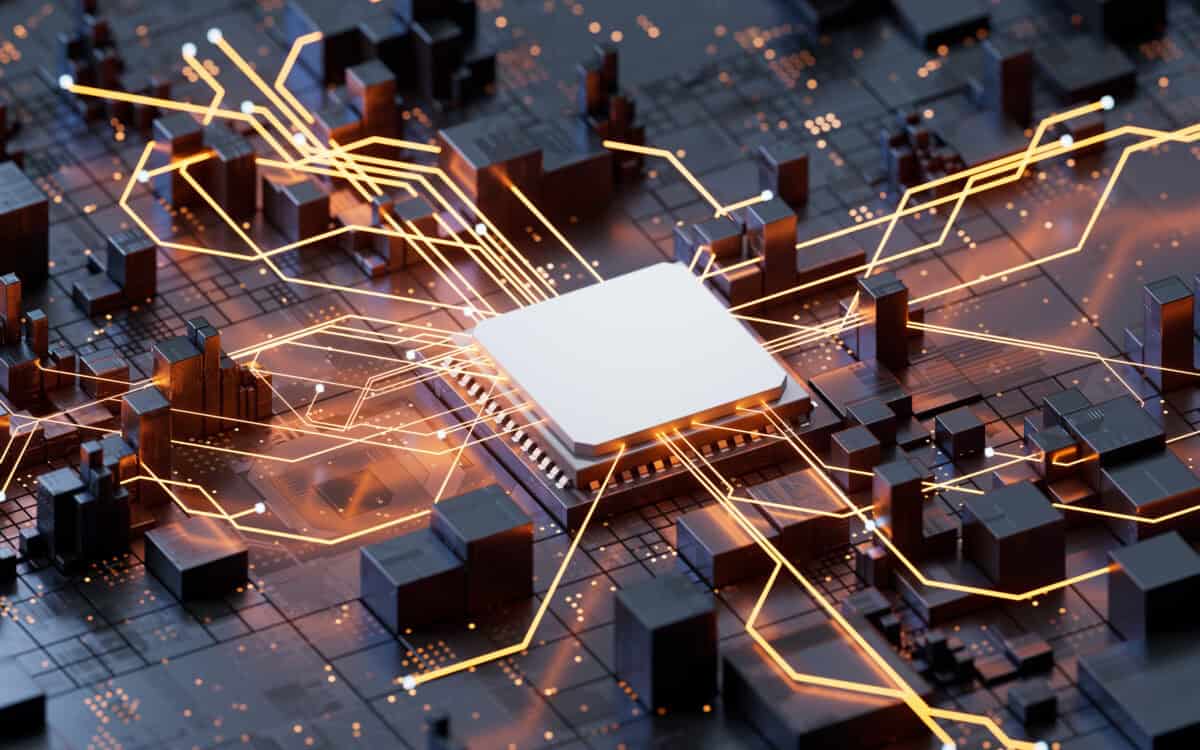Billionaire Paul Singer and his fund, Elliott Investment Management, is making waves. The fund had been in active discussions with Starbucks on a turnaround plan that subsequently saw the company name a new CEO. It’s also been in a very public fight with Southwest Airlines and just nominated 10 new board members for the airline.
In tech land, meanwhile, the fund dumped its shares of Nvidia (NASDAQ: NVDA) while starting a new position in Arm Holdings (NASDAQ: ARM).
The sale of Nvidia isn’t surprising after Elliott called artificial intelligence (AI) “overhyped” in a letter to shareholders earlier this month. He added that the technology consumes too much energy and will never become cost-efficient. The letter added that Nvidia was currently in “bubble land.”
Instead, it appears Singer and company are placing their bets on fellow chipmaker Arm in the technology space.
What makes Arm different?
While Nvidia has been greatly benefiting from increased spending related to the AI infrastructure buildout, Arm has been a big beneficiary of the proliferation of smartphones. In fact, its technology can be found in virtually all smartphones around the globe.
Arm also has a very different business model than Nvidia. While Nvidia designs it own chips, Arm licenses its technology for use by other chipmakers. The company then collects royalties, based on the number of chips shipped built on its architecture. Once its technology is designed into a product, Arm can collect royalties for years or even decades. The company has said that nearly half its royalty income comes from products released between 1990 and 2012.
More recently, Arm has been shifting customers to a subscription model where they can get access to a broad array of the company’s intellectual property. At the end of Q2, it had 33 customers using its Arm Total Access platform and 241 using its Arm Flexible Access platform.
While the company is the leader in the smartphone space, it’s now looking to take a major share in the Windows-based personal computer (PC) market. The company has a goal of gaining at least 50% market share in the space in the next five years.
It’s already in all Mac-based computers and will look to capitalize on PC makers trying to make their laptop designs more similar to MacBook Airs. It’s also been taking share in the automotive market, seeing growth of 28% in the vertical in Q2.
While Elliott has recently said that AI is overhyped, Arm has also been benefiting from the AI buildout. On its Q2 earnings call, the company said it was seeing increased licensing in the AI data center due to the need for customization, which then requires Arm-based chips.
The company also has a collaborative chip with Nvidia called the Grace Hopper, which integrates an Arm-based central processing unit (CPU) with a Nvidia Hopper graphics processing unit (GPU). It will also be designed into Nvidia’s next-generation Grace Blackwell chip.
In addition, Arm technology has been used for new CPU data center chips from both Alphabet and Amazon. While Arm isn’t benefiting as much as Nvidia from the buildout of AI infrastructure, it’s still benefiting. Meanwhile, cloud computing companies continue to pour money into building this infrastructure.
Is it time to buy Arm?
Elliott’s investment in Arm likely extends a bit beyond the company to its largest shareholder Softbank (OTC: SFTBF), which owns about 90% of the chipmaker. In June, it was revealed that Elliott had taken an over $2 billion stake in the Japanese investment firm. Elliott has called for Softbank to buyback $15 billion in stock, while the company recently announced a lesser $3.4 billion repurchase plan.
Given Elliott’s comments on AI, the fund also probably would like Softbank and Arm to move away from their plans to develop their own AI chips and build out AI data centers around the globe. It’s also possible that Elliott has taken an anti-AI stance to try to persuade Softball and Arm of this and, instead, buy back its stock.
Elliott has stakes in both Softbank and Arm, so the fund’s ultimate play is unknown. Looking at Arm in isolation, its stock trades at a forward price-to-earnings ratio (P/E) of 63.5 times, based on 2025 analyst estimates. That’s exponentially more expensive than Nvidia, although Arm arguably has one of the most attractive business models in the chip space, given the amount of time it collects royalties on products, as well as the license revenue it generates.

ARM PE Ratio (Forward 1y) data by YCharts.
Following Arm’s recent pullback, I think the stock is more attractive now than previously. Still, I’d prefer to take a start position and dollar-cost average into the stock on any future weakness than pile into it at this time, given its valuation. Meanwhile, if Elliott is correct that AI is overhyped, its Arm investment isn’t immune to an AI downturn.








